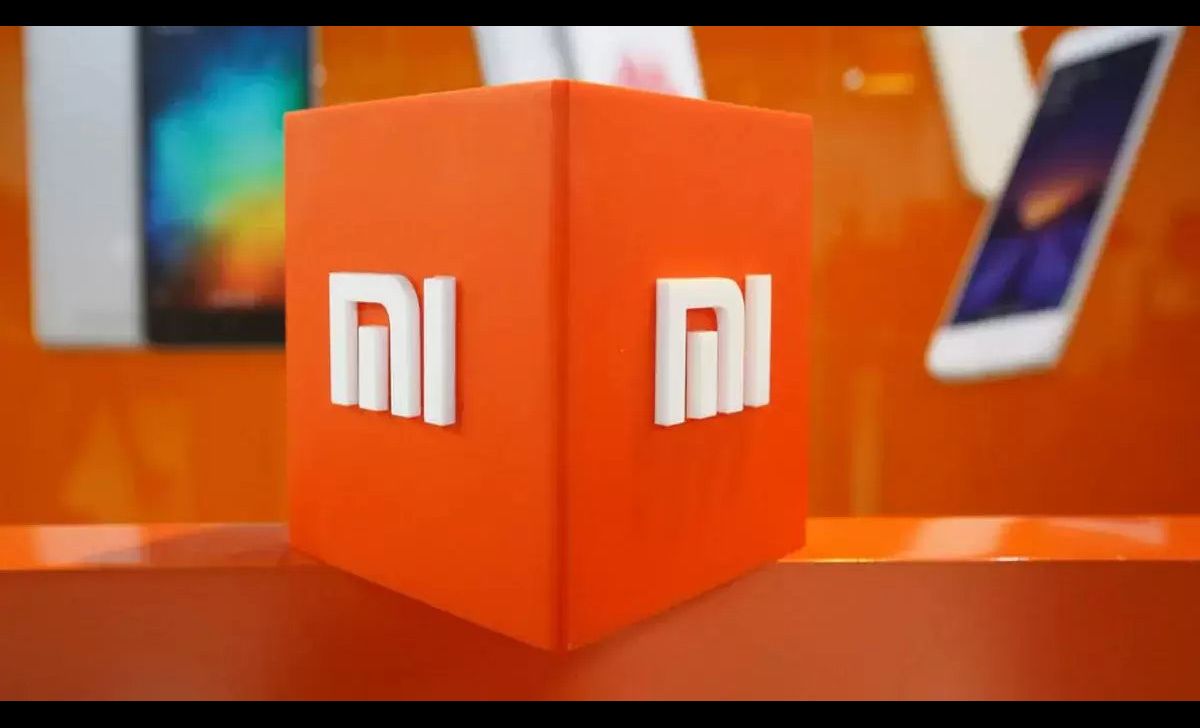Xiaomi is making changes to its update policy as it looks to start offering three Android OS updates and four years of security support. The move is long overdue, given that some OEMs like Samsung have made it official to extend the Android OS support for their flagship and mid-range phones. Xiaomi has just joined. They are set to start with the upcoming Mi 11T and Mi 11T Pro.

The Xiaomi 11T and 11T Pro are expected to debut on September 15. Of course, it will run Android 11 on top of MIUI 12.5 outside of the box. With the new policy, the device will receive up to Android 14. However, it seems the change is exclusive to the upcoming flagship device going by the company press release, “other devices are not included at this time.” However, they promised to “evaluate the possibility of bringing the extended Android system and security upgrades services to more Xiaomi devices.” Hopefully, the three Android OS updates and four years of security support will extend to other phones.
It’s no news that smartphone users have been demanding extended support for years now. That’s because with the improvement smartphone hardware has seen in the last few years, it can stay for years. Albert Shan, Head of product & technology at Xiaomi Global agrees to that. According to him, “With the continuous improvement made to smartphone hardware, the life cycle of a smartphone is gradually lengthening, meaning users aren’t required to replace their smartphones as frequently. For this reason, more consumers place great importance on receiving the latest operating system updates, along with the latest features.”
While Xiaomi isn’t shy of rolling out the update, this move to start supporting their phones for four years is likely to be premium phones exclusive. Hence, we expect the Mi 11 Ultra and Mi 11 to receive three Android OS updates and four years of security support. We expect the confirmation soon from the company given the concluding part of the press release: “it is not a simple task for Xiaomi and its team to provide system updates and security patches to all of its previous smartphone models. However, the prospect of this challenge and meeting the desires of our customers is exciting. On one hand, we’re once again fulfilling Xiaomi’s brand promise to its global users – to provide amazing products. On the other hand, gradually extending the service life cycle of Xiaomi smartphones is a progressive move that furthers Xiaomi’s sustainability and environmental responsibility goals.”
The question now is, would the policy of three Android OS updates count from when a new device is launched or when a new Android OS is released. Of course, after the stable Android 12 must have been released, some phones will debut running Android 11. It is because, during production, the stable version of Android is what the company will pre-install. Hence, phones that start development/production after the release of stable Android 12 will run the OS outside of the box.
Therefore, if your device debut with Android 11 even after the release of stable Android 12, and it is eligible for three Android OS updates and four years of security support, it will receive Android 12, 13, and 14 only. That is to say, the counting start from the Android OS released with the device and not when Google released it.
